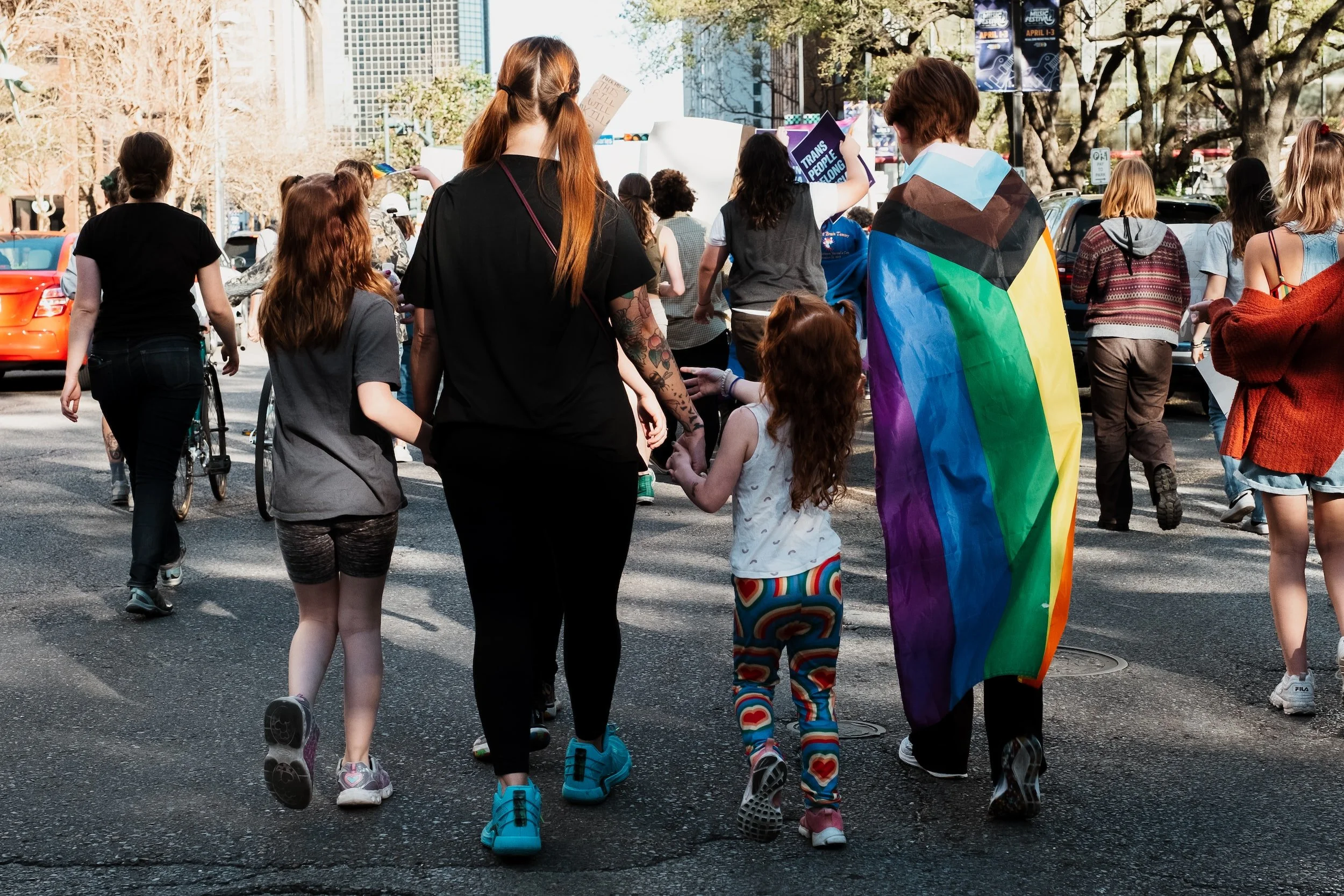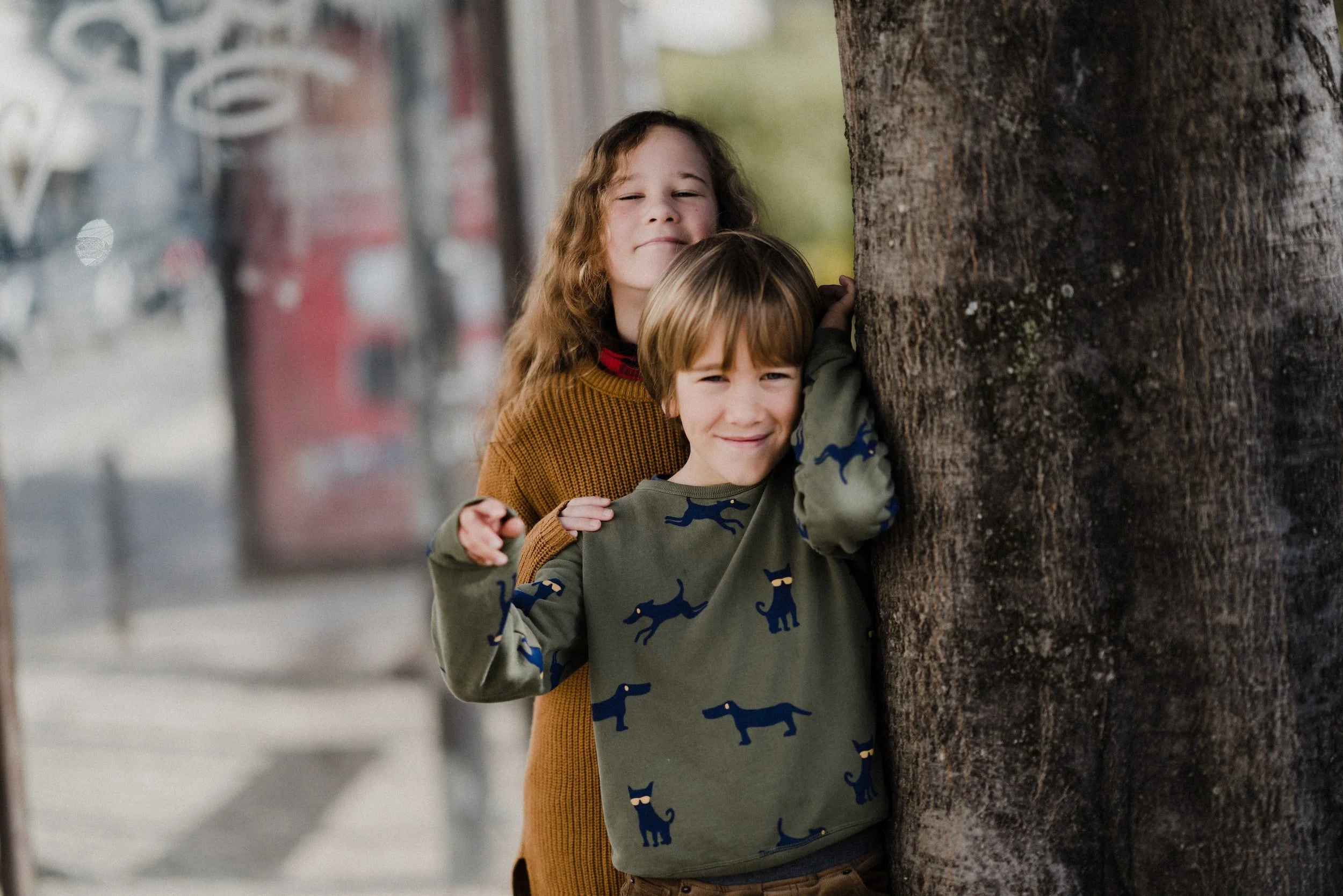Grief Counseling
Are Grief And Loss Keeping You From Moving Forward With Your Life?
Has the recent loss of a loved one left you so shaken and uncertain that you feel as though the world can’t possibly go on? Are you having trouble motivating yourself or thinking about the future because it seems like nothing will ever get better or be the same again? Do you feel numb inside from the shock of loss, making it impossible to experience grief or sadness right now?
Perhaps you lost someone long ago, but you’ve never been able to move forward with your life without feeling like you are being disloyal to your loved one. Or maybe you’re navigating everyday life without too much grief, but birthdays, anniversaries, holidays, and other milestones revive a powerful sense of pain and loss that you continue to relive.
The experience of losing a loved one is unique for each person. Perhaps you are dealing with overwhelming sadness and uncertainty that makes it difficult to care for yourself or others. You could be angry at yourself or your loved one for leaving things unsaid or for not reconciling emotional rifts while there was still time. Or maybe you feel frozen in grief, unable to free yourself from the pain or gain the closure you need.
Right now, it probably seems like you are treading water in a sea of uncertainty and sorrow. But you don’t have to manage your grief alone. If you would like to overcome the emotional turmoil and integrate the loss into your life in a way that honors your loved one while allowing you to continue moving forward, we can help.
Death Is A Painful And Complicated Part Of Life
Grief, loss, and sadness are natural facets of being human, and very few of us—if any—can escape that reality. It’s part of who we are and our mortal disposition. And although typical, immediate grief is often well-understood, various other well-documented forms of grief can also complicate the healing process.
For instance, anticipatory grief, frequently associated with Alzheimer’s, can actually help a person psychologically prepare for bereavement as the loved one’s condition slowly deteriorates. However, it can potentially create a lot of guilt and shame if the bereaved doesn’t feel “sad enough” after the person’s physical passing. Disenfranchised grief occurs when people aren’t given the opportunity to gain closure because the loss seems invalid or unwarranted, such as with the loss of a beloved pet. And frozen grief usually develops when a loved one goes missing. Since the loss is uncertain and the person’s return is still possible, it keeps the bereaved stuck in the grief, waiting and hoping for the return of their loved one, holding on to hope even if it is small because anything else feels like a betrayal of their loved one.
Moreover, many people must contend with implicit messages from family or society that it’s time to simply move on, so they never get a chance to fully process their grief. However, grieving doesn’t have a beginning, middle, or end. The memory of your loved one—their imprint on your life—will always be there because that person is still a part of you. Grief is love persisting.
But that doesn’t mean you have to stay stuck in the biggest parts of grief or bound to pain. At Alpenglow, we can help you integrate loss into your life in a supportive way that helps you move forward while still honoring your loved one.
Grief Counseling Can Give You Permission To Be Whole Again
Working with a counselor helps you create a language around your grief—a way of communicating your pain and identifying your needs for the healing process. It can help you individualize predictable and meaningful ways to mourn that enable you to go about your life without feeling as though you’re forgetting or leaving your loved one behind. In that way, you can reconcile your loss in a healthy, productive manner that will empower you to hold on to the memory of your loved one while simultaneously letting them go.
In a safe space of compassion and respect, we’ll begin by discussing the concerns that bring you to therapy, the hopes you have for yourself, and where you are in the grieving process. Then we can work on applying specific skills for regulating emotions and reducing any symptoms you may be experiencing. Part of navigating the healing process involves understanding grief and how it affects individuals, which is why I typically provide some psychoeducation on the effects and mechanics of loss itself.
And because grieving doesn’t happen in a vacuum, we can also explore and address any other issues that may be slowing the healing process, such as anxiety, depression, or trauma. In doing so, we can slowly and gently integrate the loss into your life in a way that empowers you to live fully again. Once you are able to calm the urgency and regulate the intensity of your grief, you can start to experience emotions beyond the pain, find your footing, and begin to construct life anew.
The healing process is unique for every individual, so I offer a wide range of tools and skills for achieving real change. Trauma-Focused Cognitive Behavioral Therapy (TF-CBT) is a powerful intervention for treating children, adolescents, parents, and caregivers who are impacted by trauma. In terms of grief, TF-CBT can help individuals identify and change negative thought patterns and behavioral issues related to, caused by, or complicated by loss.
I am specially trained in loss and bereavement as well as parent-child psychotherapy—all of which can be valuable strategies for helping children overcome a traumatic loss. To that end, I often use expressive arts, such as painting, sculpting, guided imagery, and freewriting, to enable children to externalize their pain and express themselves non-verbally.
We can also work on designing individualized rituals for acknowledging and honoring your loss on birthdays, anniversaries, or other milestones. By consciously developing an intentional and meaningful way of integrating and remembering your loved one, you are able to stay connected to their love as you move forward in life.
Working through grief can be a difficult process, but you don’t have to make the journey alone. At Alpenglow, we can support you in how to grieve and honor your loss in a way that frees you to be your own person and move forward without guilt or shame. And with the resources and skills that we offer, you’ll have the comfort of knowing how to prepare for the future and what to expect. Together, we walk through the pain to arrive at a place where you have sustainable relief and a long-term plan for navigating and dealing with your loss.
Perhaps you are considering grief counseling but still have some concerns…
Won’t this pain simply go away after some time?
Time is an integral part of the healing journey but dealing with grief on your own can be a terribly lonely experience. And sometimes, true healing only occurs when we understand our suffering and have guidance for navigating the uncertainty as well as support for the emotional pain. Therapy gives you just that—as well as practical, concrete steps that you can take to heal and grow through your loss. Instead of grappling with this pain alone, please, let us help. That’s what we are here for.
I feel like I have already grieved, and I don’t want to make things worse.
Many people who have managed grief on their own are naturally afraid that counseling will reopen old wounds. Unfortunately, individuals and children alike are often relegated to merely burying feelings and blocking out memories. But ignoring pain or assuming grief has been managed doesn’t match the lived experience of loss. Loss is permanent and changes over time, making the integration of grief an ongoing process.
Talking about loss, especially with a professional, supports you in gaining closure and healing. And if you’re a parent, grief counseling can provide your child with invaluable emotional support and the language to communicate their needs so that you can both move forward together with open communication.
I don’t really feel like my loss counts?
Loss doesn’t always come in the same form, and as a society, we have a narrow definition of what justifies grieving. The passing of an ex, the death of a pet, or even the loss of identity after divorce can all have an undeniable impact on a person’s life that has created a shift in your reality or left an absence in your life that affects you. Regardless of your situation, we will meet you with compassionate support in finding happiness once again.
Let Us Help You Honor Your Loved One
If you’re in the Philadelphia area and looking for a therapist or grief counselor who can help you overcome a difficult loss, we can help. For a complimentary, 15-minute phone consultation please call 267 547 3596. Or you can email us to schedule your free, in-person or online therapy intake session to see how Alpenglow can help you feel whole and at peace with yourself once again.














